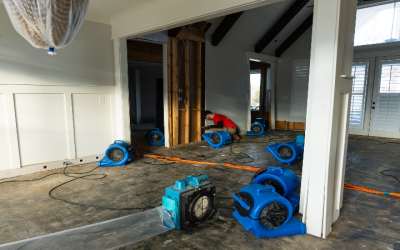Workplace safety is a top priority, particularly in industries that handle infectious materials. OSHA Bloodborne Pathogens Training teaches employees how to handle potentially hazardous situations involving blood or other bodily fluids. This article discusses the importance of training, its key components, and how it contributes to a safer, more compliant workplace.
Understanding OSHA’s Bloodborne Pathogen Training
OSHA Bloodborne Pathogens Training is a federally mandated program that protects workers from health risks caused by infectious agents such as Hepatitis B, Hepatitis C, and HIV. The training includes important topics like universal precautions, proper use of personal protective equipment (PPE), and safe disposal of contaminated materials. Employees learn how to reduce risks and effectively manage emergencies, fostering a safe culture.
Why is OSHA Bloodborne Pathogens Training Important?
According to OSHA, approximately 5.6 million workers in healthcare and other industries are at risk of exposure to bloodborne pathogens each year. Proper training can significantly reduce these risks by teaching employees how to identify potential hazards and take preventive measures. Employers benefit as well, as compliance with OSHA standards reduces the likelihood of costly violations and workers’ compensation claims.
Prioritizing Safety with ROI Safety Services
At ROI Safety Services, we are of the conviction that the foundation of workplace safety is rooted in education. As a leading provider of OSHA Bloodborne Pathogens Training in California, we assist businesses in creating safer environments while complying with regulatory requirements. With more than 30 years of experience, our customized training programs enable employees to confidently manage risks and contribute to a zero-injury workplace. Learn more at ROI Safety Services.


